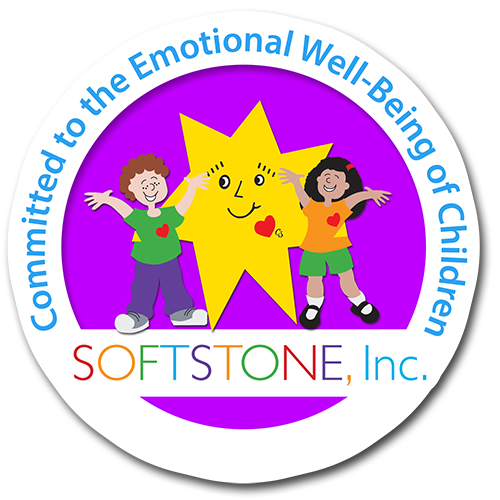How do you, as parents, implement incorporating emotional intelligence skill development into your homes? Oh my goodness, I feel your angst and your frustration. You have so much on your plate already. Please do not give me one more thing to do. What if I told you that you are already doing most of the skills and behaviors already. However, being aware of the skills and behaviors allows you to focus on the important parenting structures to prioritize and emphasize. Routines sometimes block the family dynamics that promote the teaching of values and appropriate relatedness. The presence of technology also interferes with the conversations that are needed to teach how to be a kind, giving human being.
Becoming A Conscious Parent Is How It Is Done
What does it mean to become a conscious parent? Stopping to look at how your day proceeds and what interactions you have had with your children. Do you like the interactions or do you need to revamp some of those words and facial expressions that are exposed when in a rush. So many parents are now working at home. The frustration builds and work demands are in your households. The breakdown is inevitable. Before it is too late begin the activity of having family meetings at least once a week perhaps now…daily. Discover what your children are feeling and what changes they need you to make. Believe me, they will tell you. Slow down just long enough to consider what skills you already incorporate and ones that seem easy enough to start practicing. This helps that overwhelmed, frustrated anxious feeling of not being enough. Resilience is the outcome.
What Does An emotionally Intelligent Home Look Like?
Consciously Practicing and Implementing The following:
- Empathy for others through kindness. Remembering to say nice things to each other daily.
- Builds self-confidence. Choosing positive thinking by talking through the challenges and finding a positive reaction.
- Delay gratification by extending a hand in service. Find a family project that engages everyone in meeting others needs first.
- Managing our emotions and regulating our moods. Make the family meetings about positive self-talk and ways to calm down. Practice a mindfulness activity together.
- Capacity to communicate our apologies and receiving them. Mistakes are an everyday occurrence put apologies are hard. Take time to make them a priority and talk about doing it differently. Lowers stress to think more clearly.
- Learning to share, compromise, problem solve through play. Game night, family outings always provide opportunities to experience ways to support each other and to share laughter and give us the resilience to meet challenges. Hope surfaces.
- Persisting in the face of frustration by focusing on gratitude. We are in frustrating times but gratitude helps to remind us of the positives in our lives. Share your gratitude for each other and what is good and loving.
With this in mind, your days will feel more loving, supportive and more productive!
Need More EQ Resources?
EQ for Children Website | Visit My YouTube Channel


